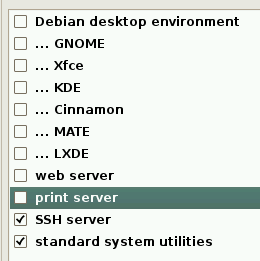Seems like https://openwrt.org/docs/guide-developer/build-system/install-buildsystem#prerequisites is a bit outdated:
To generate a flashable firmware image file with a size of e.g. 8MB, you need:
- ca. 200 MB of hard disk space for the build system
- ca. 300 MB of hard disk space for the build system + package feeds
- ca. 2.1 GB of hard disk space for source packages downloaded during build from package feeds
- ca. 3-4 GB of available hard disk space to build (i.e. cross-compile) and generate the firmware file
- ca. 1-4 GB of RAM are needed for the compilation stage.(4GB of RAM are required for compilation of x86 firmwares)
Does someone want to update this?
